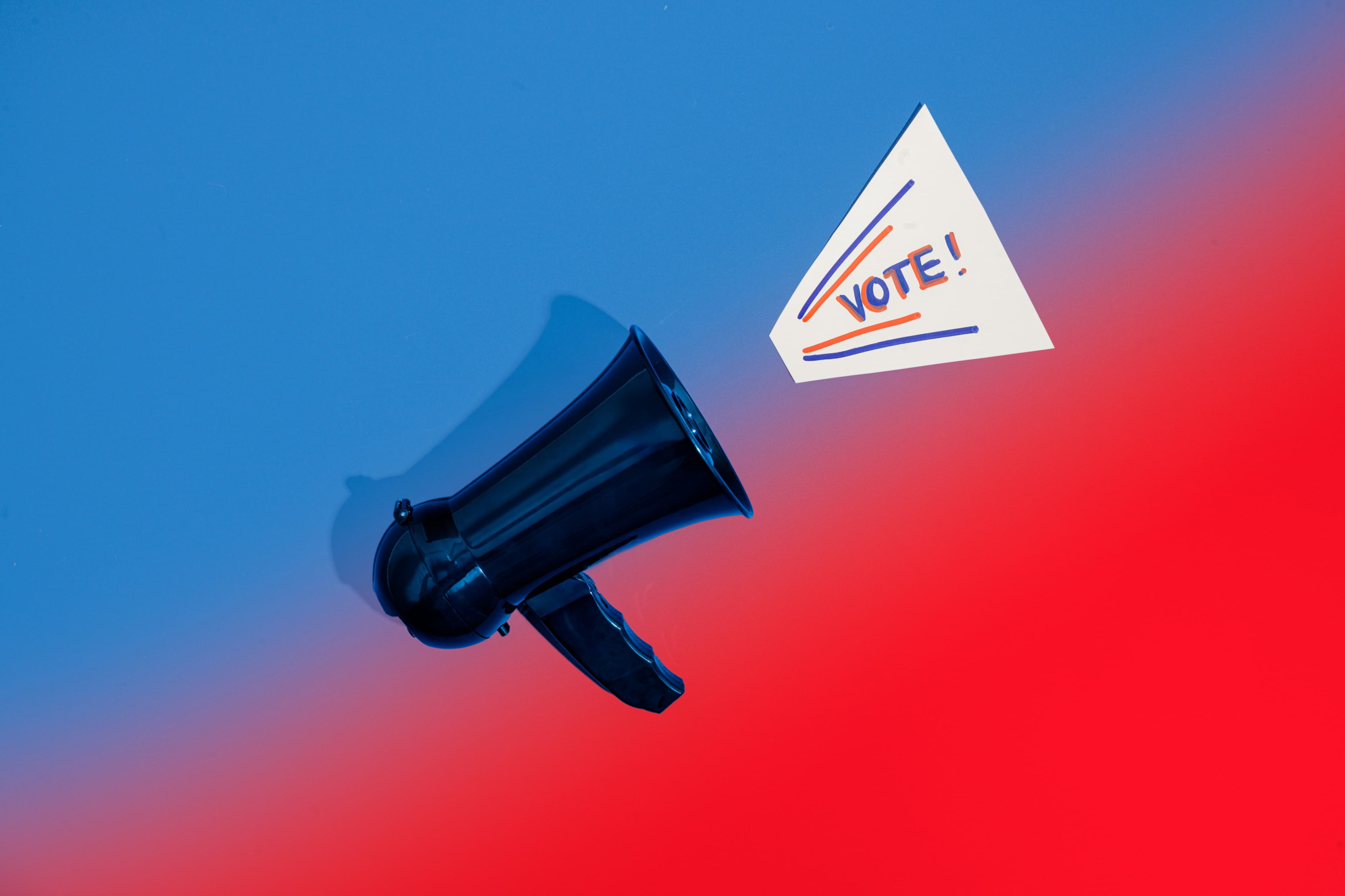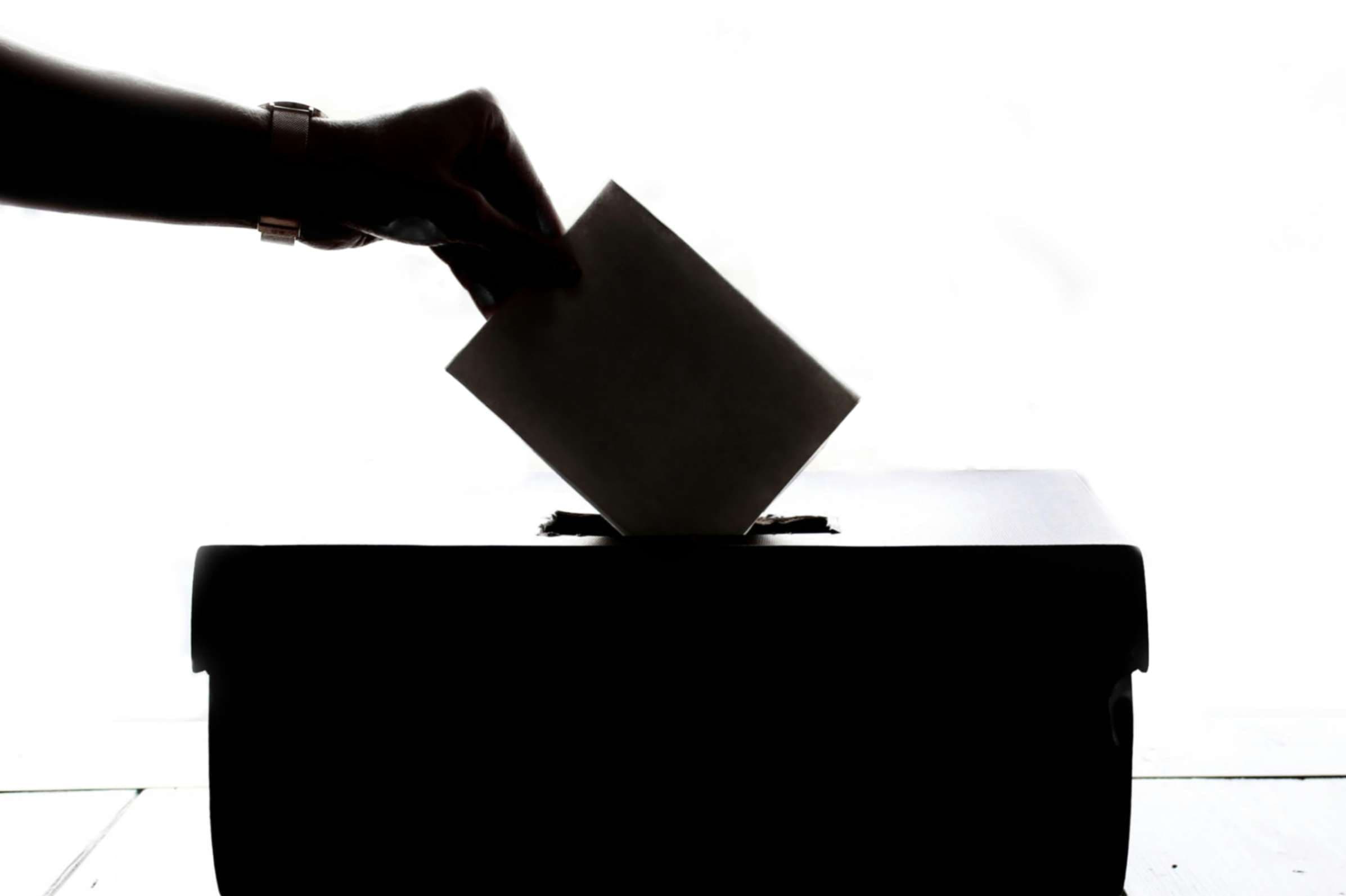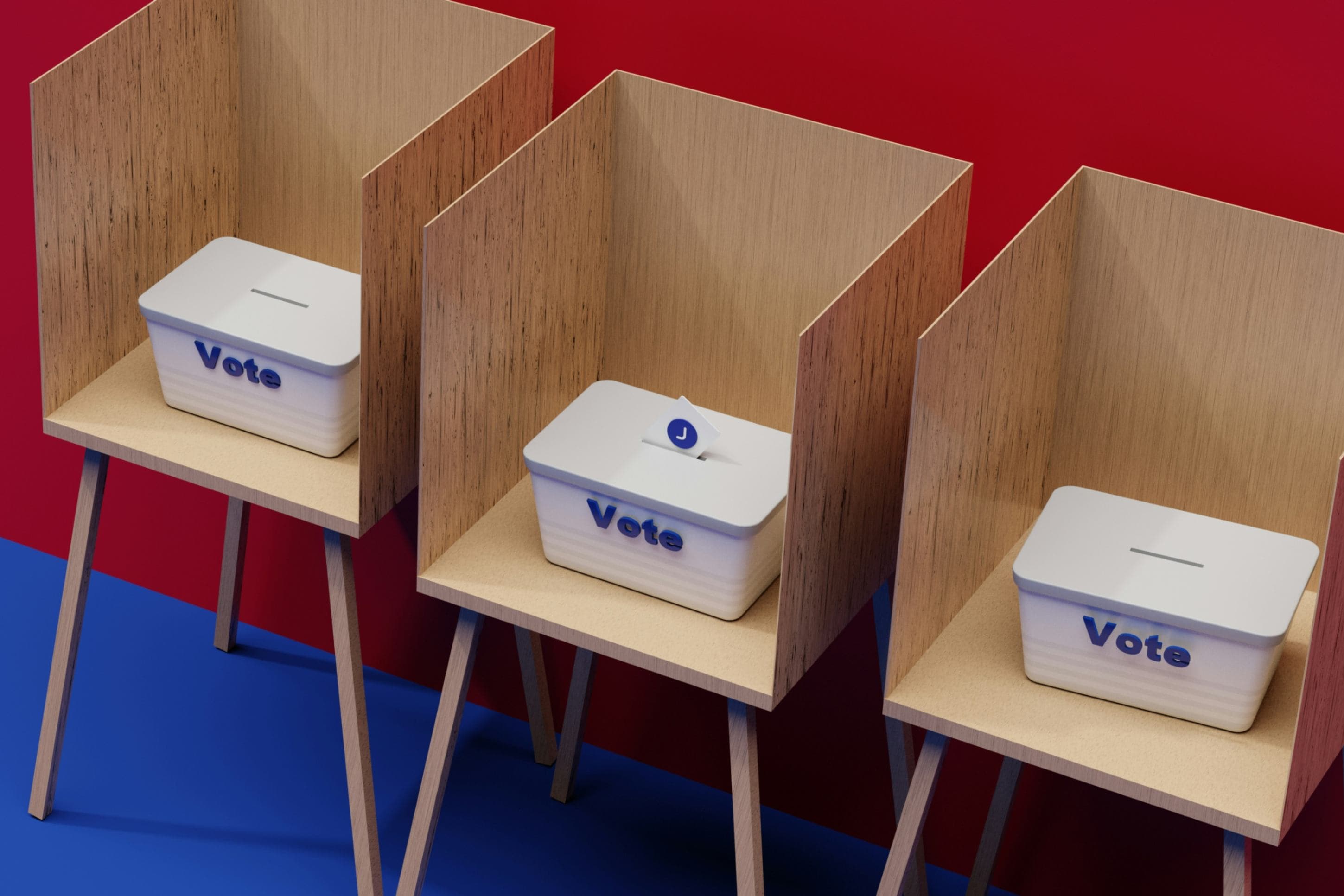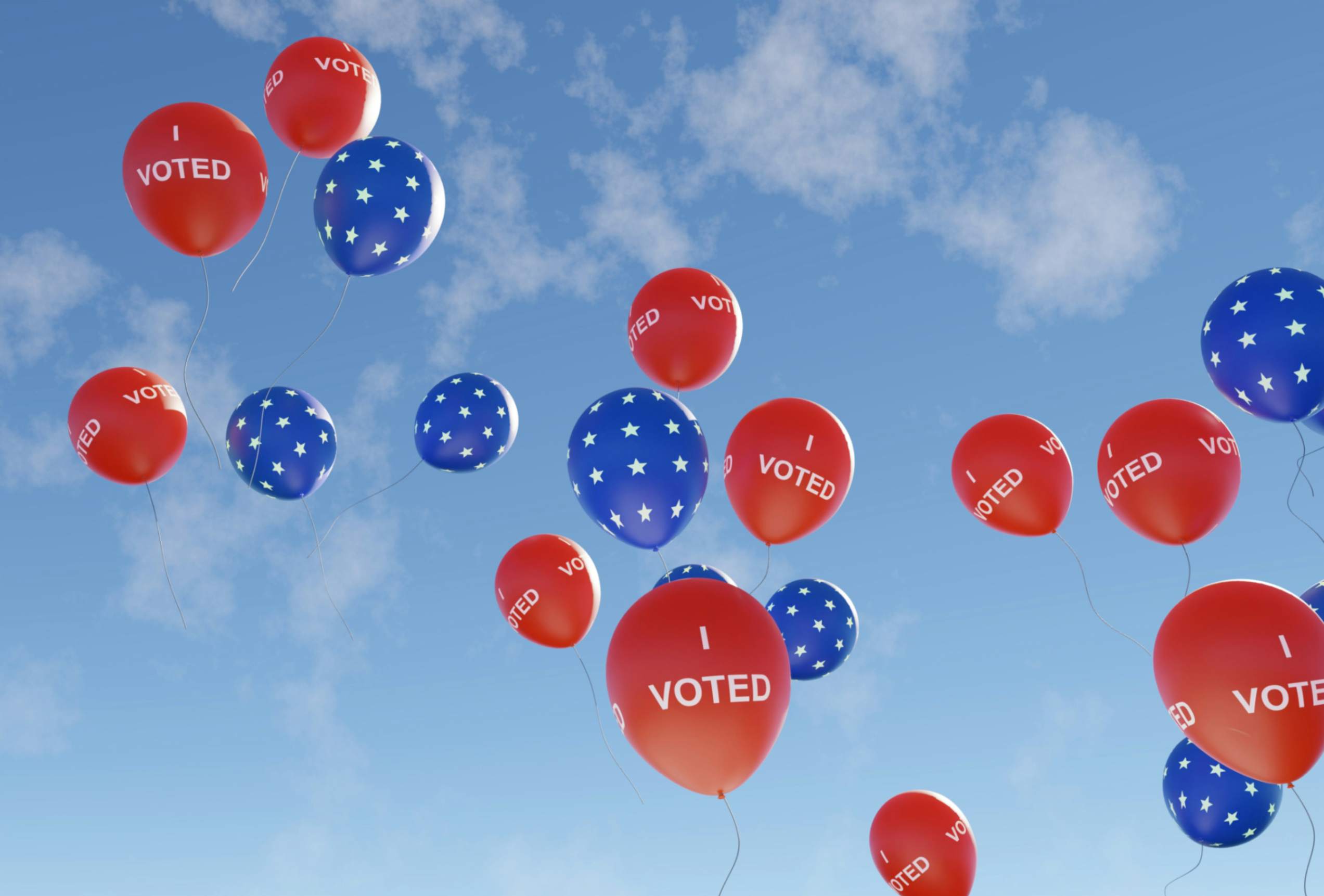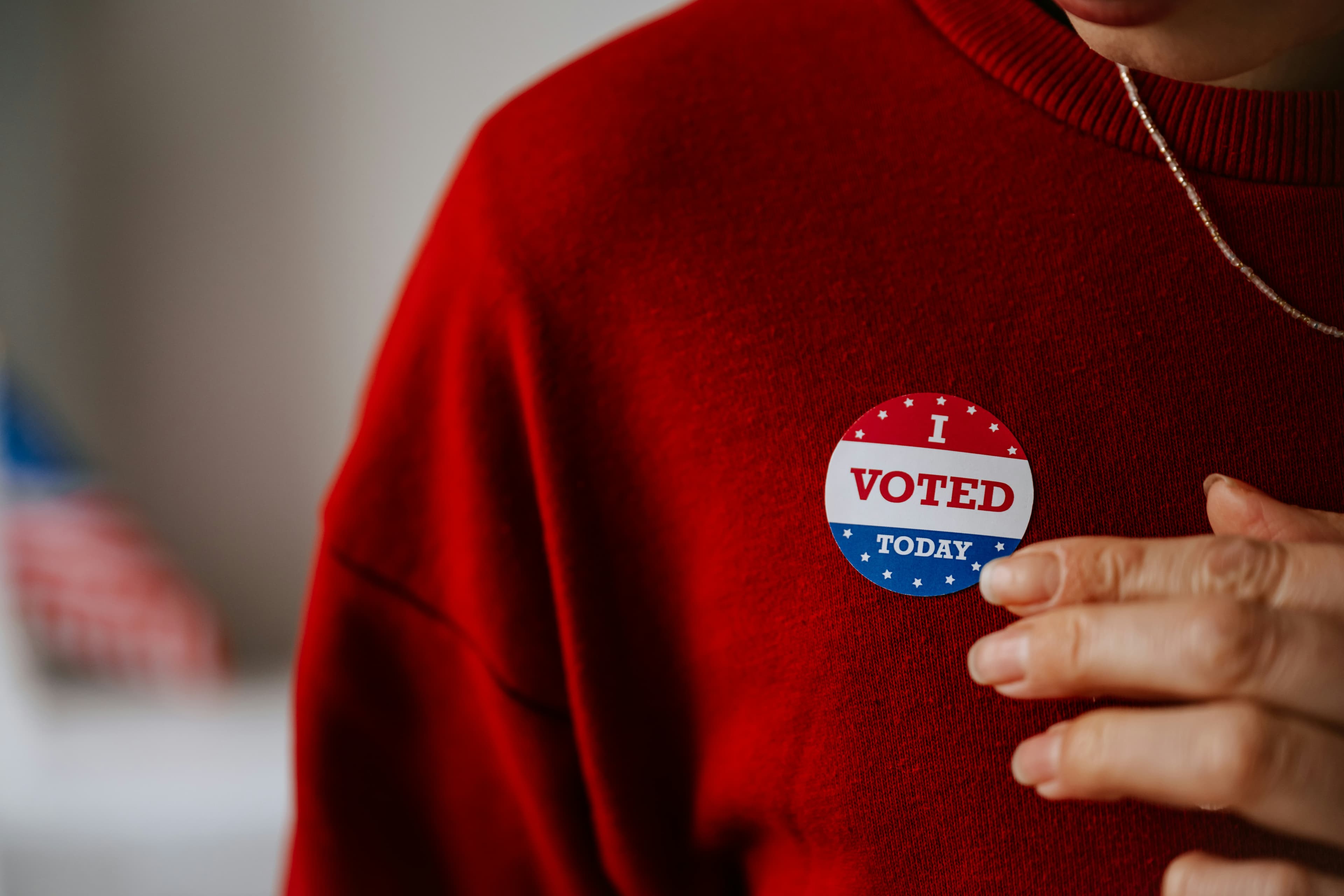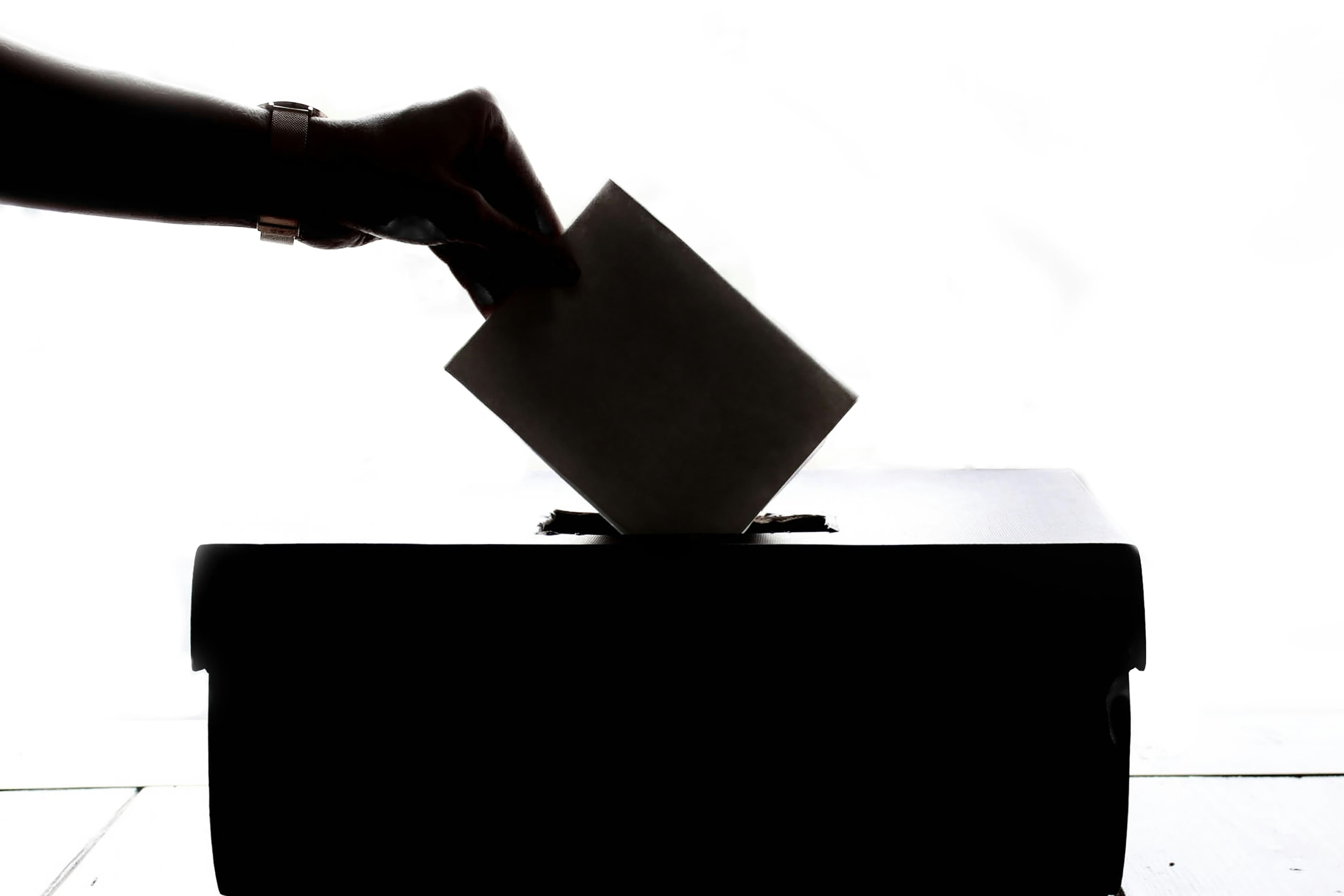
Safeguarding Democracy: Why Education and Election Integrity Must Stay Nonpartisan
There are core roles and institutions in American society that should be safeguarded from elections regardless of the winning party. I'm speaking specifically about protections of educational and academic institutions and their staff at all levels that are intended to serve the wellbeing and development of a free, democratic public and as outlined in fundamental documents of the country. Without these protections, public education and the purpose it serves to enable a peaceful, democratic country that upholds the values of the Constitution are persistently at risk.
This concern also extends to the election systems themselves. Elections are not only about choosing leaders but about preserving the institutions that maintain a functioning democracy. When educational institutions are politicized or destabilized through electoral outcomes, the ripple effects can undermine civic literacy, voter engagement, and long-term democratic stability. It is not enough to run elections efficiently; election administrators must also be stewards of the democratic infrastructure that supports informed civic participation.
Protecting Nonpartisan Election Administration
One of the most pressing challenges for municipal-level election officials is protecting the nonpartisan integrity of election administration. Local election officials are often the front line in safeguarding democratic norms, yet they increasingly face political pressure from partisan actors. This is particularly concerning when elected officials attempt to influence the conduct of elections or the individuals who run them. Local boards of elections and election administrators should be appointed or hired based on professional qualifications, not political affiliation, to ensure impartiality and public trust.
Several states have taken steps to insulate election offices from political interference. For example, Colorado has codified professional standards for county clerks, including mandatory certification and training requirements that are managed by the Secretary of State’s office, not partisan bodies1. These measures help ensure that elections are managed by professionals who understand election law, voting system security, and voter accessibility, rather than by individuals whose main qualification is political loyalty. Municipalities can adopt similar practices by requiring professional development for local election staff and by advocating for state-level reforms.
Safeguarding Democratic Education Through Election Policy
Election policy should reinforce, not erode, the civic mission of educational institutions. One practical way municipalities can promote democratic education is through policies that support voter registration and participation on high school and college campuses. For instance, some jurisdictions partner with local school districts to implement “pre-registration” programs for 16- and 17-year-olds, helping students become automatic voters once they turn 182. These programs not only increase youth turnout but reinforce the idea that voting is a civic responsibility tied to democratic education.
Municipal governments can also work with local colleges and universities to establish polling places on campus or provide early voting access points. Doing so not only improves access for young voters but also symbolically affirms the role of educational institutions in supporting democratic participation. Local election offices should prioritize outreach to these institutions, offering informational sessions, training for student poll workers, and materials tailored to first-time voters. These efforts help bridge the gap between democratic education and electoral participation, building a more informed electorate over time.
Ensuring Security and Public Confidence in Local Elections
Securing elections is not just a technical challenge but one that also involves maintaining public confidence. Municipal election offices must implement transparent and verifiable processes that can withstand scrutiny from voters, elected officials, and the media. This includes publishing clear procedures for ballot handling, vote tabulation, and recounts, as well as offering public observation opportunities during key stages of the election cycle. Transparency builds trust and insulates the process from unwarranted claims of fraud or misconduct.
Cybersecurity is another area where local election offices must remain vigilant. The Department of Homeland Security has designated election infrastructure as critical, and municipalities are encouraged to work with state and federal partners to secure voter registration databases, electronic pollbooks, and voting machines3. Participation in programs like the Election Infrastructure Information Sharing and Analysis Center (EI-ISAC) provides local officials with access to timely threat intelligence and cybersecurity best practices. These partnerships are essential for maintaining secure and credible elections, especially as cyber threats evolve.
Practical Strategies for Supporting Election Staff
Election work is complex, cyclical, and increasingly stressful. As political tensions rise, local election administrators often face harassment, misinformation, and unrealistic expectations. Municipal governments must take active steps to support their election staff by ensuring adequate funding, staffing, and legal protections. This includes offering competitive pay, providing year-round employment opportunities where feasible, and ensuring that staff have access to legal counsel and mental health resources when needed4.
Training and professional development are also essential. Local election officials benefit from participating in programs offered by the U.S. Election Assistance Commission, state election offices, and professional associations like the National Association of Election Officials (Election Center). These programs offer valuable updates on legal changes, emerging technology, and national standards. Municipalities should budget for this professional development and encourage election staff to network with peers across jurisdictions. This investment pays dividends in the form of more resilient and competent election operations.
Building Public Engagement and Community Partnerships
Election officials cannot succeed in isolation. Building partnerships with community organizations, libraries, advocacy groups, and local media outlets helps expand voter education and combat misinformation. For example, municipal governments can collaborate with trusted community leaders to host town halls or information sessions on voting procedures, especially in advance of major elections. These events allow voters to ask questions, express concerns, and hear directly from election officials, which can defuse tension and build credibility.
Recruiting and training poll workers is another area where community engagement is vital. Local governments should work year-round to develop a diverse pool of election workers who reflect the communities they serve. Partnering with high schools, colleges, and civic groups can help identify new recruits and provide them with early exposure to democratic processes. Municipalities can also offer additional incentives or recognition programs for long-serving poll workers to retain institutional knowledge and improve service delivery at polling places.
Conclusion: Balancing Governance and Democratic Values
Municipal leaders and election officials must navigate a delicate balance: managing the technical aspects of elections while safeguarding the democratic institutions that give those elections legitimacy. Educational institutions play a foundational role in shaping civic understanding, and they must be protected from political interference that undermines their mission. Similarly, election offices must operate with professionalism, transparency, and a commitment to nonpartisanship to ensure that elections serve the public interest, not partisan agendas.
By adopting policies that reinforce democratic education, protect election infrastructure, support election workers, and engage the community, municipal governments play a vital role in sustaining democracy at the local level. These actions are not just best practices but necessary steps to maintain public confidence in elections and the broader democratic system.
Bibliography
Colorado Secretary of State. “Clerk and Recorder Certification Program.” Accessed April 30, 2024. https://www.coloradosos.gov/pubs/elections/clerksCertification.html.
National Conference of State Legislatures. “Preregistration for Young Voters.” Updated February 21, 2023. https://www.ncsl.org/elections-and-campaigns/preregistration-for-young-voters.
U.S. Cybersecurity and Infrastructure Security Agency. “Election Infrastructure Security.” Accessed April 30, 2024. https://www.cisa.gov/election-security.
Brennan Center for Justice. “Local Election Officials Survey 2022.” Published March 10, 2022. https://www.brennancenter.org/our-work/research-reports/local-election-officials-survey-2022.
More from Elections
Explore related articles on similar topics
